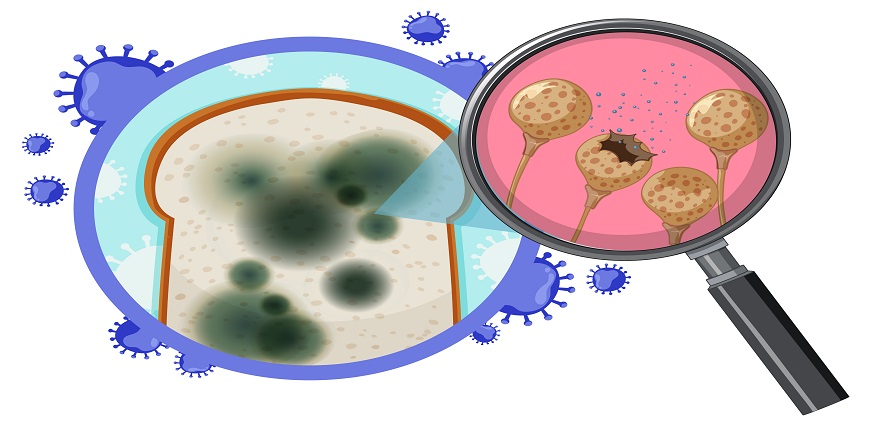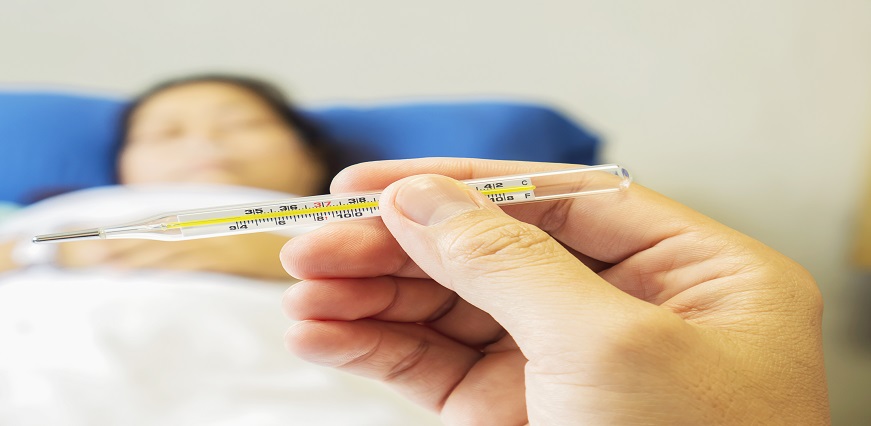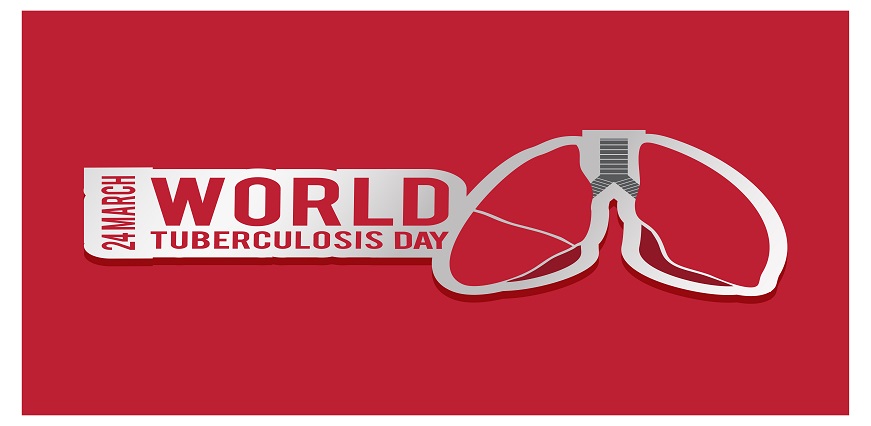





No lab centers are available in this city

Max Lab
Aug 12, 2024
Cryptococcosis infection is indeed a fungal infection caused by the Cryptococcus fungus. This tiny organism is a resilient survivor, thriving in various environments. Commonly found in:
While the Cryptococcus fungus is omnipresent, most people exposed to it experience no ill effects. Our immune system is typically adept at warding off this invader. However, individuals with compromised immune systems are at a significantly higher risk of catching cryptococcosis infection. This includes people with:
It's essential to understand that while exposure to Cryptococcus is common, the development of cryptococcosis is largely dependent on a person's immune status.
Cryptococcosis symptoms vary depending on where the infection is located in the body.
Important note: Cryptococcosis symptoms can be mild and may mimic other illnesses, making diagnosis challenging.
Cryptococcosis can be challenging to diagnose as its symptoms often mimic other illnesses. However, several tests can help identify the infection.
Common Diagnostic Tests:
Treatment for cryptococcosis involves antifungal medications. The specific drugs and duration of treatment depend on the severity of the cryptococcosis infection and the patient's overall health.
Cryptococcosis treatment usually involves a combination of drugs and may require hospitalisation. Supportive care, such as managing fever and intracranial pressure, is also important.
Max Lab is a prominent chain of diagnostic labs in India that offers a wide range of tests, including those for fungal infections. The following tests are provided by Max Lab:
It's crucial to seek medical attention promptly if you suspect cryptococcosis. Early diagnosis and treatment are essential for a favourable outcome.

















Sign up takes less than 60 secs and gives you access to your offers, orders and lab tests.
Looks like you are not registered with us. Please Sign up to proceed
OTP will be sent to this number by SMS
We have successfully received your details. One of the agents will call you back soon.
 To reach our help desk call 9213188888
To reach our help desk call 9213188888
No Lab Centers are available in this city
Looks like you are not registered with us. Please Sign up to proceed
OTP will be sent to this number by SMS
Not Registered Yet? Signup now.Looks like you are not registered with us. Please Sign up to proceed





 7982100200
7982100200.png)
Comments